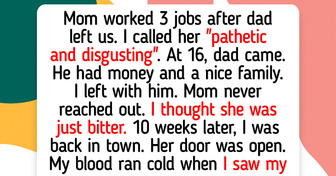I'd remind her that she is no more perfect than you so what is she gonna do if she drops it or if the babies daddy drops it? That is such a poor excuse I can't even believe she'd use that. If she wants to use that as an excuse I'd remind her of that later when she wants you to babysit.
My Daughter Banned Me From Holding My Grandchild—and Her Reason Still Hurts
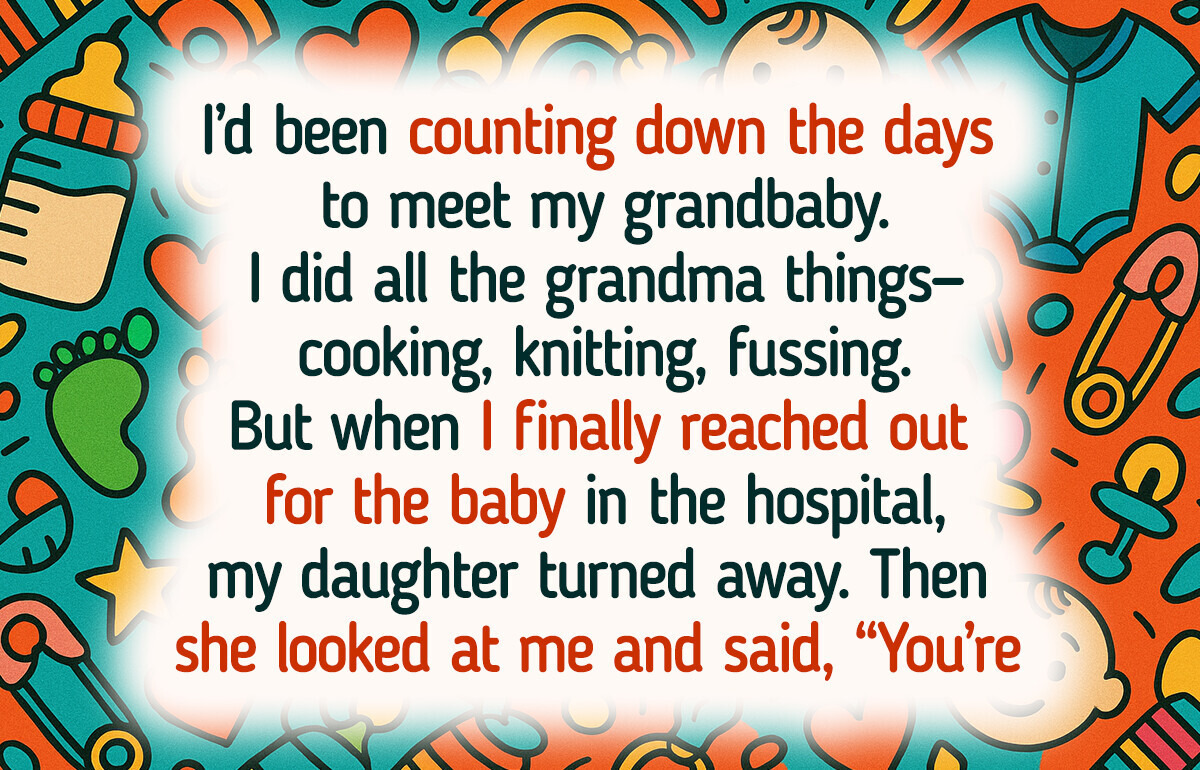
Becoming a grandparent is supposed to be one of life’s sweetest moments—the reward after years of parenting. But for one of our readers, that dream turned into heartbreak. When she reached out to hold her grandchild for the first time, her daughter stopped her—and what she said next left a wound that still hasn’t healed.
Here’s what she wrote to us.
The story with her own words:

“Dear Bright Side team,
I never thought becoming a grandmother would feel like heartbreak. When my daughter announced her pregnancy, I cried tears of joy. I spent weeks knitting little socks, stocking the freezer with meals, and waiting for the moment I’d finally hold that tiny life in my arms.
But when I visited her in the hospital, something felt off. She looked tense the whole time. When I reached for the baby, she gently turned away and said, ‘Mom, not yet. I’m not comfortable with that.’
I thought maybe she was just tired. But when I tried again later, she said it—the words that still echo in my head:
‘You’re too clumsy, Mom. I can’t risk you dropping her.’
For a second, I couldn’t even breathe. I know I’ve had moments—I once broke a glass while helping her unpack, and she laughed it off then. But this time, it wasn’t funny.
I went home that night and sat in the dark, replaying memories—the nights I held her through fevers, the mornings I walked her to school with her backpack bouncing against my leg. She trusted me with her whole life back then. Now, she doesn’t trust me with her child for even a minute.
My husband tells me to give her space, that it’s just ‘new mom nerves.’ Maybe he’s right. But it feels like a wall went up overnight, and I’m standing on the wrong side of it—holding nothing but love and empty arms.
Sometimes I wonder if this is what motherhood becomes in the end—not losing your children, but slowly being asked to let go of the parts of them you thought you’d always have.
Sofia”
It’s not your fears.
Experts say that when children become parents themselves, the balance between love and control can quietly shift. What looks like rejection is often fear in disguise—fear of doing something wrong, fear of not protecting enough, fear of losing a sense of control when everything feels new and uncertain.
Your daughter’s words likely weren’t about your abilities at all. They were about her need to feel safe in a moment that terrified her. She wasn’t pushing you away—she was trying to hold her world together.
It still hurts, of course. But sometimes, understanding where the fear comes from can soften the wound, even if it doesn’t make it disappear.
How to break the line to enjoy being a grandparent.
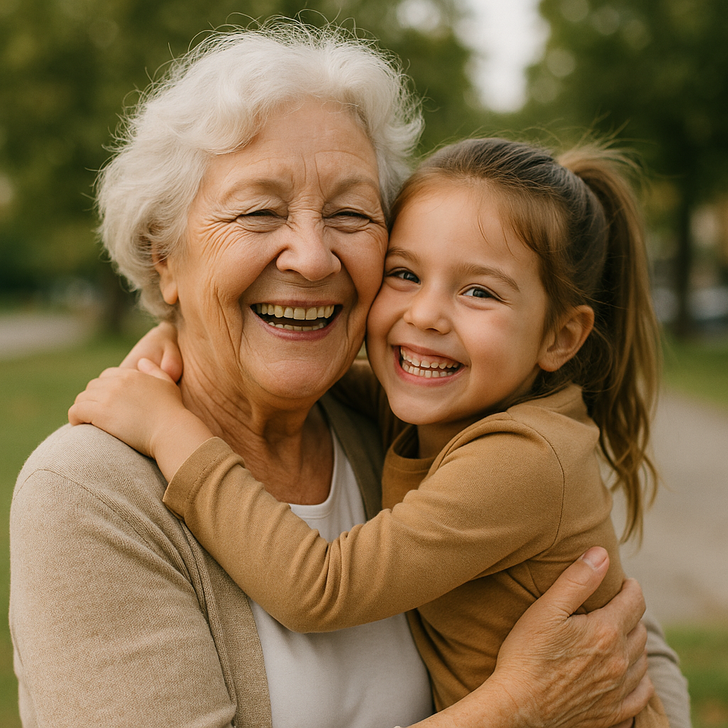
It can feel like a punch to the heart when you’re told you can’t hold or spend time with your grandchild—especially when all you want is to love and be part of their world. Before assuming the worst, try asking gently why they feel this way. Maybe it’s worry, exhaustion, or new-parent anxiety. If their concerns make sense, find small ways to rebuild trust. If not, suggest a middle ground—perhaps joining them for a walk, story time, or a visit while they’re present.
It’s easy to take their hesitation personally, but often, it’s not about you—it’s about their own fears as new parents trying to do everything “right.”
The best thing you can do is keep showing up with kindness and patience. Respect their boundaries, but keep the door open with love. As your grandchild grows, there will be new chances—bedtime stories, school events, birthday hugs. Love always finds its way back in.
At the end of the day, trust may take time to heal, but love—especially the kind that spans generations—has a way of bringing families back together.
I Gave the Inheritance to My Grandson, and My Family Spiraled Into Chaos
Comments
Related Reads
My In-Laws Forced Me to Leave My Vacation Early—They Crossed Every Line

I Refuse to Let My Husband Bring His Mom’s Cooking Into My House
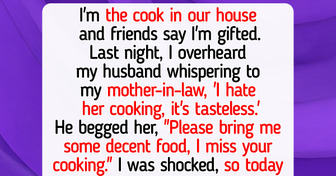
15 Success Moments From Strangers That Deserve All the Golden Buzzers in the World
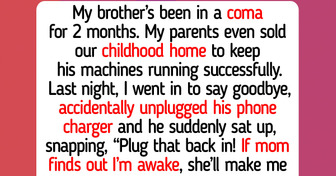
15 Moments That Show Kindness Is Quiet but Changes Everything

12 Life Moments Where Quiet Kindness Played the Main Role

I Refuse to Be My Brother’s ATM Anymore—The Revenge He Planned Was Sick
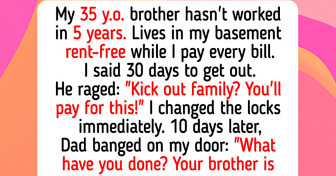
My Family Always Prioritized My Sister—Then Expected Me to Help Them With Medical Bills
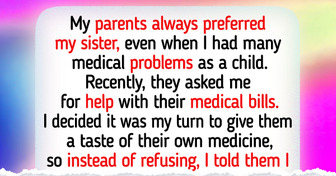
I Refuse to Help My Pregnant Sister, and I Don’t Feel Guilty

12 Stories That Prove Real Kindness Is About Actions, Not Words
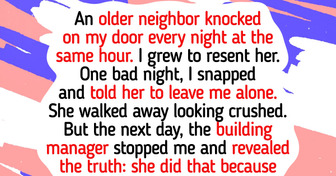
16 Stories That Prove Kindness Still Wins in Our Broken World
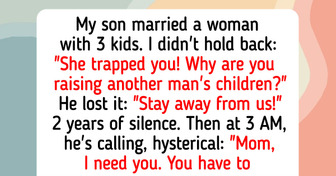
I Funded My Wife’s Luxury Demands—She Made Me Regret Every Penny

15 Moments That Prove Kindness Holds Strong When Life Hits Hard
